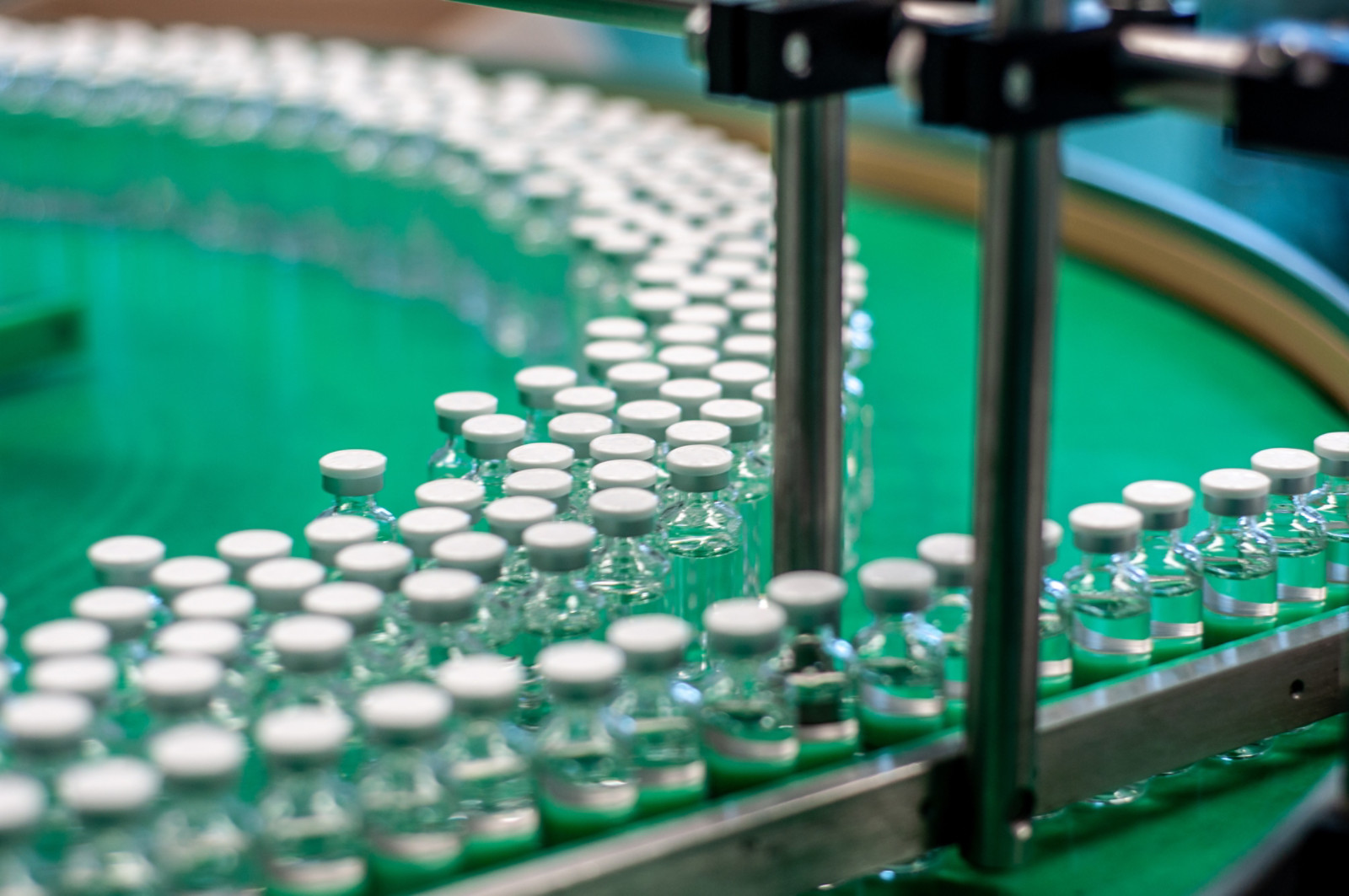The promise of a breakthrough new drug can bring hope to patients across many different pathologies. But the wait for a new therapy to come to market can be a long one, as the research and development (R&D) process is typically time-consuming, expensive and fraught with challenges.
That’s now changing as one of this decade’s most powerful new technologies, Generative AI, starts to revolutionise the world of pharmaceutical R&D. Precedence Research predicts that the market for Gen AI in life sciences will grow at a CAGR of almost 21% between 2023 and 2032, underscoring its potential to shorten drug discovery timescales and transform the efficiency of clinical trials.
Unlocking the potential of generative AI for life sciences R&D
The traditional drug discovery process is slow and expensive, requiring many rounds of trial and error to identify potential candidates. Once identified, a candidate must pass pre-clinical trials in animal models before obtaining regulatory approval to progress to human trials. After passing clinical trials, the molecule must undergo a long period of adverse event monitoring before it can commercialize.
With the whole chain of operations often taking as long as 10-15 years, there’s ample incentive to try to reduce those timescales through the application of new technologies. One such technology is generative AI. It promises to transform R&D through the use of machine learning (ML) and natural language processing (NLP) algorithms to accelerate drug discovery and revolutionise clinical trials.
Accelerating drug discovery with generative AI
There are many areas of pharmaceutical R&D where Gen AI holds great potential. In the drug discovery process alone, those areas include:
- Literature review and knowledge extraction: Extracting insights from vast amounts of scientific literature, helping researchers stay up to date with the latest discoveries and facilitating hypothesis generation.
- Drug target prediction: Rapidly analysing large datasets of biological information, such as genomics, proteomics, and metabolomics, to predict potential drug targets. This can also help to identify novel targets that were previously overlooked by traditional methods and identify new therapeutic indications from existing drug compounds.
- Predicting drug-target interactions: These models can predict the binding affinity and potential side effects of drug candidates with their intended targets. This helps prioritize which compounds to advance for further validation.
- Compound generation: Generate novel chemical compounds with desired properties, such as high binding affinity and low toxicity. This accelerates the drug discovery process by providing a broader pool of potential drug candidates.
- Pharmacology analysis: These models can predict the multi-target effects of compounds, potentially uncovering opportunities for drug repurposing or combination therapies.
- Drug formulation design: Aid in designing drug formulations and delivery systems that enhance drug stability, bioavailability, and patient compliance.
- Data augmentation: Create synthetic datasets for various aspects of drug discovery, including target interactions, molecular structures, and patient profiles. This can supplement limited real-world data and improve model training.
Life sciences companies are already proving Gen AI’s value
While the use of Gen AI in drug discovery is still in its infancy, the first technology solutions are already being put to use by life sciences companies.
Startups like Evozyne and traditional players like Amgen are early adopters of NVIDIA’s Gen AI cloud services for drug discovery and research in genomics, chemistry, biology and molecular dynamics, according to BCG. Peptilogics, meanwhile, offers a generative AI platform designed to facilitate peptide drug design and lead optimization across various targets, according to AI Multiple.
The benefits are also starting to be proven: BCG notes that Insilico Medicine has used Gen AI to go from novel-target discovery to preclinical candidate in just 18 months, at a cost of just $2.6 million.
Transforming clinical trials with generative AI
Once a new candidate compound has been identified and pre-trials passed, there are many opportunities to apply Gen AI in human trials to increase efficiency and safety and reduce timescales. Potential areas of promise here include:
- Protocol optimization: Designing more efficient and adaptive clinical trial protocols by using Gen AI to simulate different scenarios, predict patient recruitment rates, and identify potential challenges.
- Real-world evidence analysis: Processing electronic health records and other unstructured clinical data sources with NLP to extract valuable insights such as patient outcomes and adverse events, to inform clinical trial design and monitoring.
- Drug safety monitoring: Automating the detection of adverse events and safety signals by analyzing large-scale clinical data, ensuring early intervention and regulatory compliance.
- Patient recruitment and retention: Identifying potential trial participants by analyzing patient records and social media data, and suggesting personalized engagement strategies to improve patient retention.
- Medical imaging analysis: Enhancing analysis of medical images such as MRI and CT scans by detecting anomalies and generating detailed reports.
A life-changing prospect for patients awaiting new treatments
Generative AI is poised to revolutionize clinical R&D in ways we could hardly have imagined just a few years ago. Incorporating generative AI into drug discovery and clinical trials processes creates opportunities to identify novel therapies and bring them to market—safely and efficiently—in a fraction of the time of the traditional R&D process. For patients around the world awaiting breakthrough new treatments, that’s a life-changing prospect.
Cognizant has a team of generative AI practitioners with deep AI and life sciences industry experience, and an ecosystem of specialist partners including Google Cloud and Microsoft Azure AI. If you’d like to discuss the opportunities for infusing Gen AI into your pharmaceutical R&D operations, please do get in touch.



